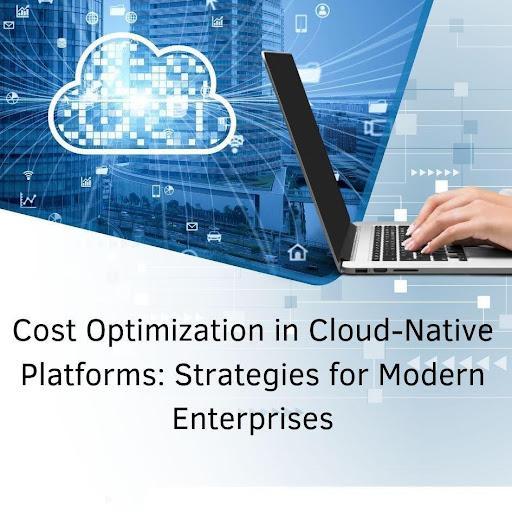
Innovative cost management in cloud-native platforms is vital for balancing fiscal responsibility with scalability and performance. Yerramsetty Dayan expert in cloud cost strategies, provides essential insights for maximizing efficiency and sustaining competitiveness in this evolving technological landscape.
Identifying Core Cost Drivers
Understanding cost drivers in cloud-native environments is vital for effective cost management, focusing on compute resources, storage, data transfer, and third-party services.
Advanced Resource Management Techniques
Optimizing resource allocation is essential for cost savings and maximizing performance.
Right-Sizing Instances: Matching the correct instance type and size to workload needs prevents over-allocation and underutilization. Using cloud provider-specific tools that analyze historical usage and performance can recommend optimal configurations, leading to significant cost reductions.
Auto-Scaling for Dynamic Efficiency: Auto-scaling adjusts resource allocation in real-time based on demand, maintaining performance during peaks and cutting costs during low usage. Integrating custom metrics and predictive analytics further enhances auto-scaling policies, achieving up to 30% in savings.
Mixing Instance Types: Combining reserved, on-demand, and spot instances provides flexibility and savings. Reserved instances suit predictable workloads, while discounted spot instances are ideal for flexible, fault-tolerant tasks.
Container and Serverless Optimization Strategies
Containerization and serverless computing offer distinct cost management opportunities.
Resource Limits and Requests: Setting precise resource limits for containers prevents over-provisioning and ensures efficient usage, balancing cost and performance effectively.
Container Density and Node Autoscaling: Running multiple containers per node can significantly reduce infrastructure expenses, but maintaining performance is essential to prevent resource contention. Node autoscaling adjusts node counts dynamically based on workload needs, ensuring efficiency and cost control.
Serverless Cost Management: Reducing function idle times, optimizing code for memory and CPU efficiency, and using automated tuning tools can greatly lower costs. Regular monitoring of execution times helps identify bottlenecks and enhance performance.
Storage and Data Management Approaches
Storage optimization relies on lifecycle management, compression, and tiered storage strategies.
Data Lifecycle Management: Implementing a strategy that shifts infrequently accessed data to lower-cost storage tiers and deletes obsolete data helps reduce costs. Automated policies streamline these processes for maximum cost-effectiveness.
Compression and Deduplication: Compressing and deduplicating stored data reduces storage volume, cutting costs while enhancing data management efficiency, especially for datasets with repetitive content.
Monitoring and Continuous Cost Visibility: Effective cost management requires ongoing monitoring. Visibility tools track usage, flag cost spikes, and support informed decisions. Cloud-native solutions like AWS Cost Explorer and Google Cloud’s Cost Management suite, alongside multi-cloud tools, aid in comprehensive tracking. Budget alerts and cost allocation tags enhance granular oversight and accountability.
Embracing the FinOps Framework
FinOps (Financial Operations) shifts cost management from a technical issue to an organizational priority by fostering cross-functional collaboration. It embeds financial awareness into engineering, aligning cloud spending with business goals. This approach ensures developers prioritize cost-efficiency alongside technical performance, enhancing decision-making and promoting a culture of financial accountability.
In conclusion, Yerramsetty Day highlights that effective cloud-native cost optimization requires strategic resource management, continuous monitoring, and organizational alignment. Applying these insights helps businesses leverage cloud-native technologies efficiently, ensuring sustainable growth, innovation, and financial health in today’s competitive landscape.